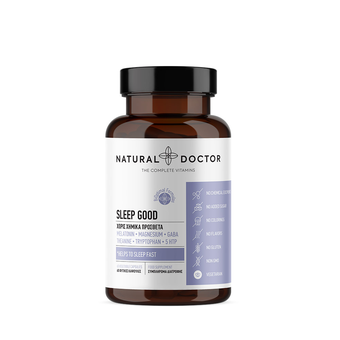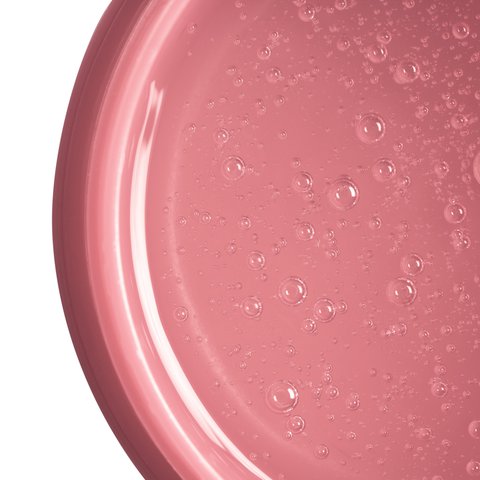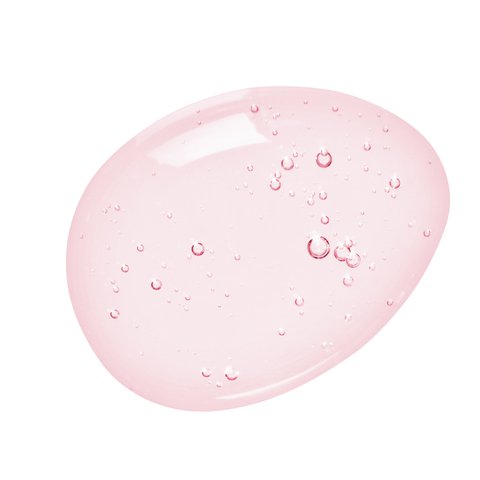Eight things you can do to cure insomnia
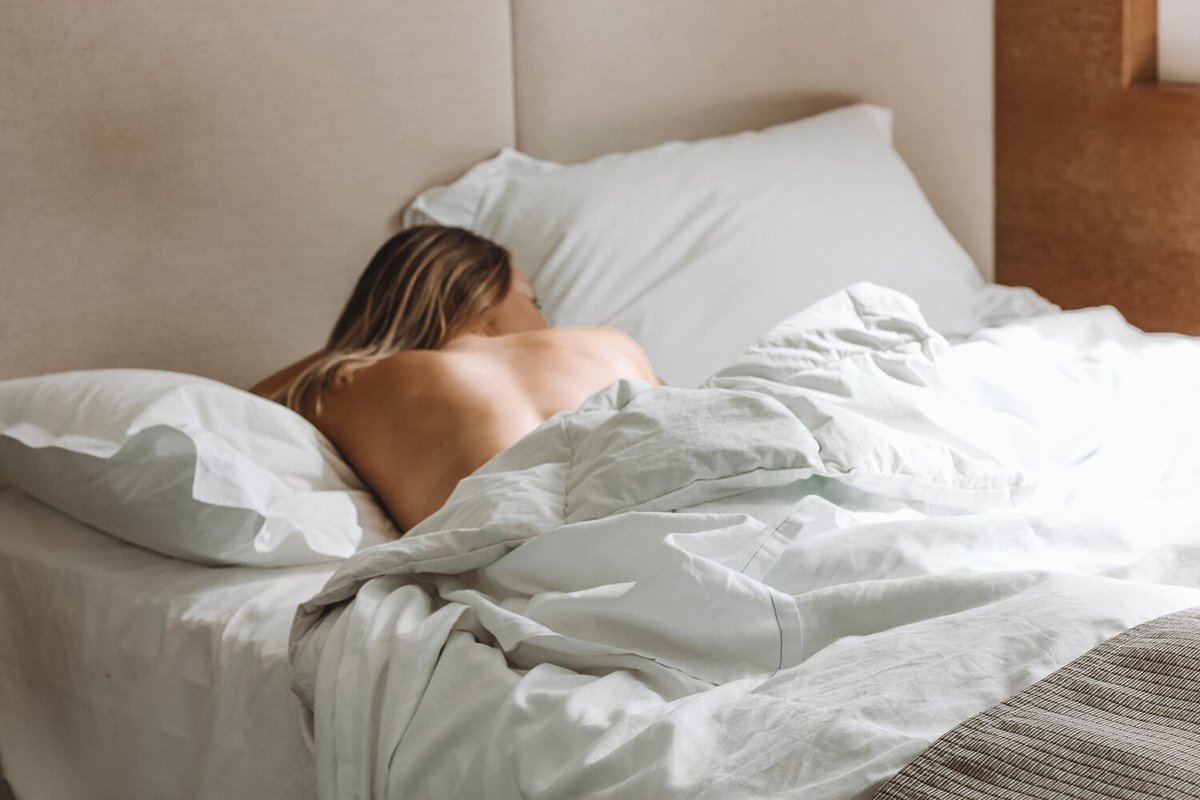
- Avoid drinking coffee and alcohol after 6 pm
- Reduce of time you spend on TV after 8 pm
- Avoid using electronic devices (iPad, mobile, laptop) after 8 pm
- Have a light dinner at least two hours before bedtime
- Exercise daily but not after 8 pm
- Have a hot shower at the end of the day
- Prepare a dark and not too warm bedroom
- One hour before sleeping take a supplement with: GABA, 5 HTP, melatonin, magnesium
People who have insomnia have difficulty falling asleep, wake during sleep, or both. It is a challenging situation as it usually makes you feel not rested and tired when you wake up. Medical doctors make a clinical diagnosis of insomnia if both of these criteria apply: at least three nights a week for at least three months.
Chronic insomnia usually has several causes, such as:
- Stress
- Jet lag
- Late night dinners
- Use of electronic devices in the evening
- Inactive life
- Use of certain medications
- Diseases such as rhinitis, asthma
- Obstructive Sleep Apnea
- Chronic pain
- Obesity
- Restless legs syndrome
Nutrients for insomnia
Some of the nutrients that can help with insomnia are melatonin, GABA, tryptophan, theanine, magnesium, 5-HTP, magnolia bark extract, and chamomile flower extract
Melatonin & Insomnia
The hormone melatonin is naturally produced by the body during the sleep cycle. Melatonin regulates the body's rhythm, i.e., the alternation of sleep and wakefulness. This rhythm is the biological clock of the body on which the normal function of the body depends. Melatonin is also called the hormone of darkness because its synthesis and release are stimulated at night when there is darkness, while it is limited when there is light. With age, the synthesis of melatonin in the body decreases.
5-HTP & Insomnia
5-HTP is derived from the Griffonia plant and is a derivative of tryptophan, an amino acid that helps increase serotonin levels and is often referred to as the "happy pill". Serotonin is a neurotransmitter that regulates appetite, mood, and the functions of the autonomic nervous system. It is a precursor of melatonin, controlling the heart rate and the "internal clock." Low serotonin levels are associated with depression. A 2016 study showed that 5-HTP helps sleep when is taken with GABA. The synergy of the two nutrients increases the duration of sleep. 5-HTP can also improve depression, stress, and headaches.
GABA & Insomnia
GABA is a neurotransmitter that inhibits or slows down certain brain functions related to stress, anxiety, and sleep. Under normal circumstances, the brain naturally releases GABA at the end of a day, thus allowing sleep and relaxation. In a 2019 study, GABA was found to have additional antimicrobial, antiepileptic and antioxidant properties and helps with insomnia.
Tryptophan & Insomnia
Tryptophan is an essential amino acid and a precursor of serotonin and melatonin. Serotonin is a neurotransmitter that calms the body and directly affects sleep, mood, and memory.
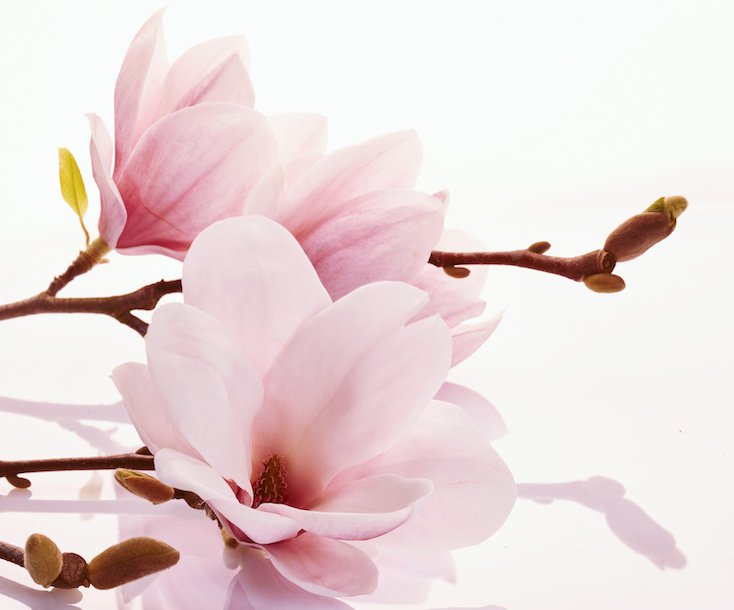
Magnesium & Insomnia
Magnesium participates in more than 300 normal functions of the body and helps produce hormones, which signalize that it is time for sleep in the body. It enables the endocrine system to produce the hormones serotonin and melatonin when needed and support GABA receptors in the brain. Magnesium regulates levels of cortisol, the stress hormone. Often when there is difficulty sleeping, there are high levels of cortisol. Magnesium supports an average balance between relaxing hormones such as serotonin and melatonin instead of excessive cortisol secretion, thus fighting insomnia.
Theanine and Insomnia
Theanine is a nootropic amino acid derived from black and green tea. Research has shown that it has a calming effect without causing severe drowsiness.
Magnolia Extract & Insomnia
Magnolia extract comes from the bark of the magnolia tree. It is a type of polyphenol with antioxidant properties, while according to the bibliography, it has a positive effect on sleep and relaxation.
Chamomile & Insomnia
Chamomile is a herb with calming and relaxing properties and, in this way, helps sleep. A 2016 study showed that chamomile tea helped improve postpartum women's sleep quality, further reducing the symptoms of depression.
The NEW formula for sleep SLEEP GOOD, which contains melatonin, magnesium, 5 HTP, GABA, tryptophan, chamomile extract, is created by clinical scientists to work efficiently and promote a night of healthy sleep. Sleep Good is free of chemical additives such as artificial colors, artificial flavors, titanium dioxide, milk, wheat, yeast, soy, corn, or genetically modified organisms.
